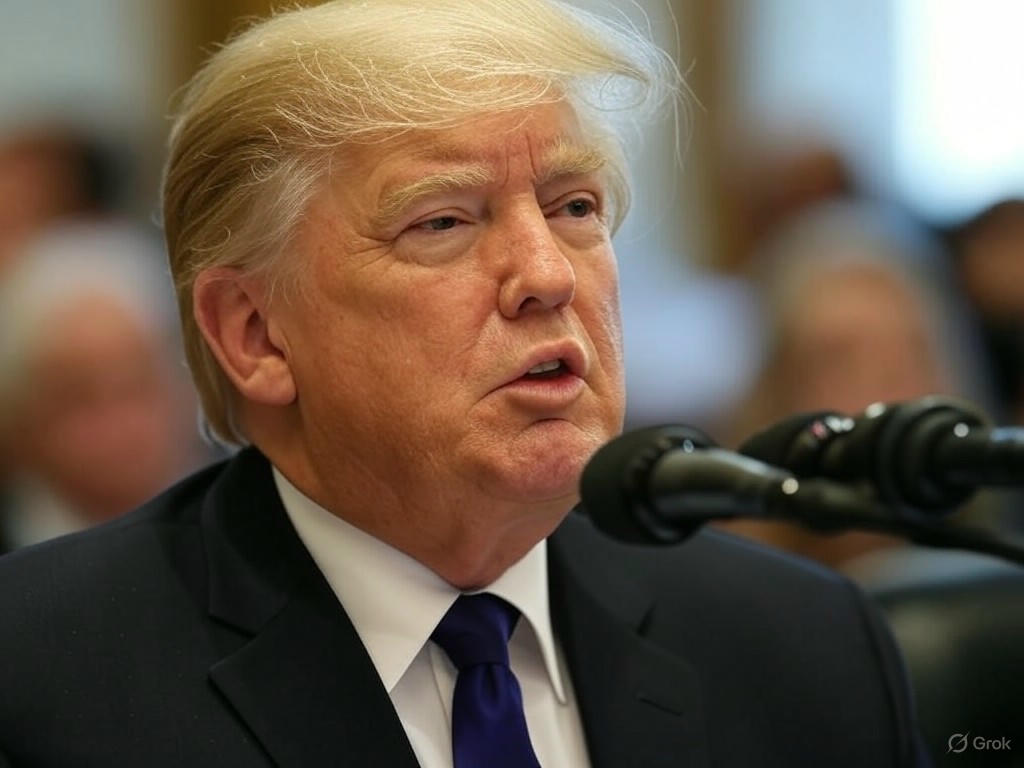Trump’s Bold Stance on Interest Rates Sparks Economic Debate
In a recent fiery statement, former President Donald Trump has once again stirred the financial world by suggesting he might need to intervene directly in the Federal Reserve’s policies on interest rates. Criticizing the central bank’s leadership, Trump expressed frustration over what he perceives as stubbornly high borrowing costs that are stifling economic growth. His blunt remarks, labeling the Federal Reserve chair as incompetent, have reignited a long-standing debate about the independence of the nation’s monetary authority and the role of political influence in shaping economic policy.
Trump’s comments come at a time when the U.S. economy is navigating a delicate balance between inflation concerns and the need for affordable credit to spur business investment and consumer spending. The Federal Reserve, tasked with maintaining economic stability, has been cautious about slashing rates, citing the risk of overheating the economy and fueling further price increases. However, Trump argues that lower interest rates are essential to jumpstart growth, especially for small businesses and middle-class families struggling with high borrowing costs. His suggestion of ‘forcing something’ on the issue raises eyebrows, as it hints at potential executive overreach into an institution designed to operate free from political pressures.
The implications of such a stance are far-reaching. Economists warn that undermining the Federal Reserve’s autonomy could erode investor confidence and destabilize markets, as decisions on interest rates might be swayed by short-term political goals rather than long-term economic health. On the other hand, some of Trump’s supporters in the business community echo his frustration, pointing to the sluggish pace of rate adjustments as a barrier to expansion and job creation. They argue that a more aggressive approach to lowering rates could provide the necessary stimulus to counteract looming economic headwinds, including global trade tensions and domestic uncertainties.
Public reaction to Trump’s remarks has been polarized. While some view his outspokenness as a refreshing challenge to entrenched bureaucratic systems, others see it as a dangerous precedent that could compromise the integrity of America’s financial framework. Historical attempts by political leaders to influence the Federal Reserve have often led to mixed outcomes, with short-term gains sometimes overshadowed by long-term inflationary pressures or loss of credibility on the global stage.
As this controversy unfolds, the spotlight remains on how the Federal Reserve will respond to such public criticism and whether it will maintain its current stance on interest rates. Trump’s words may not have immediate policy implications, but they underscore a broader tension between political agendas and economic stewardship. With the 2025 economic landscape already fraught with challenges, this clash of perspectives could shape the narrative around monetary policy for months to come. For now, businesses, investors, and everyday Americans are left watching closely, waiting to see if this bold rhetoric will translate into tangible action or remain a provocative soundbite in an ongoing national debate.


